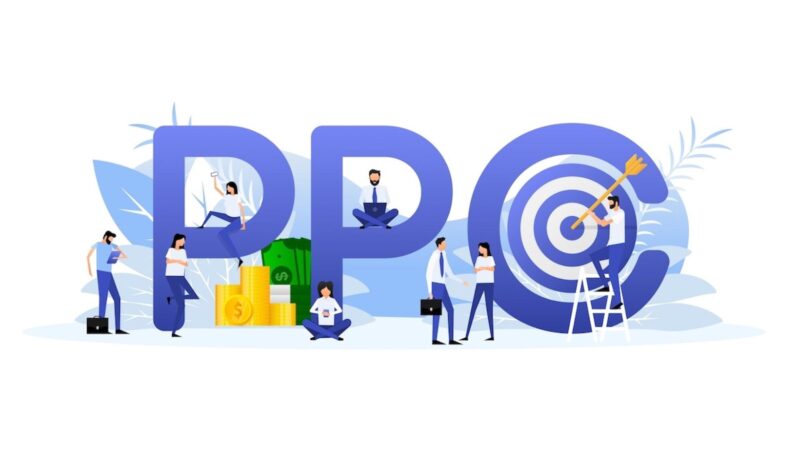
The world of financial technology (fintech) has become heavily influenced by open banking. Here, a revolutionary notion that banks share customer information with other providers is transforming your money transactions. The development of open banking platforms, along with AI powered chatbots, is the basis for a more inclusive and efficient financial ecosystem, fostering competition, innovation, and consumer empowerment.
Empowering Consumers through Data Ownership
One of the biggest benefits of an open banking platform is that it gives consumers control over their financial data again. Open banking allows individuals to give consent for their data sharing with trusted parties, hence allowing them to get fully informed and access more financial services. The shift from banks being the sole custodians of financial data to consumers owning their own information has significant implications for financial inclusion and the safeguarding of customer rights. An example of this is that consumers can readily contrast multiple financial products and services, secure more advantageous terms by haggling, and move from one provider to the other without having to pay any money. Because of the increased competition, costs have also been reduced, customer service in this industry has improved, and transparency is now better.
Driving Innovation and Competition
In fintech startups and established players in finance companies’ race to develop new products and services using customer data, open banking provides a good environment for these innovations to take place. Disruptive fintech solutions have been created by open banking platforms, minimizing barriers to entry and leading to such things as personalized budgeting apps or investment platforms.

Conversely, this raised competition level enables shoppers to have many alternatives to choose from while giving them lower costs and better consumer experiences than before. In addition, open banking facilitates the rise of innovative finance technologies such as AI-powered chatbots or blockchain-based payment systems that can make transactions quicker and more secure from fraudulent activities.
Enhancing Financial Inclusion
Open banking has the potential to significantly expand access to financial services for underserved populations. This supports economic growth. Open banking models facilitate loan officers to check the creditworthiness of customers who have no records in national credit bureaus by relying on alternative sources such as mobile phone usage and utility bills. Consequently, the number of people who can borrow, buy insurance, or access other essential financial services expands, thus reducing financial exclusion and improving economic opportunities. Moreover, open banking may result in inexpensive and easily obtainable financial products that match the needs of low-income individuals as well as small-sized businesses, for example, micro-credit facilities and peer-to-peer lending sites.
Strengthening Financial Stability
Open banking is also important for a more stable and resilient financial system. In addition to that, open banking improves competition in the sector by encouraging transparency so as to mitigate the risks of consolidated power in the banking industry. It can also support innovative risk management tools or early warning systems, which would reveal any potential weaknesses within the financial system before they become actualized.

Open banking allows regulators to monitor banks’ health and other financial institutions better, thereby leading to earlier identification of systemic risk. Conversely, it will enable them to identify possible signs of trouble across the system while at the same time enabling them to keep an eye on individual banks’ healthiness.
Dealing with Privacy Concerns
Besides its many benefits, open banking still needs to address some privacy issues. Governments and regulators need to join hands in formulating strong frameworks on data protection that ensure customer information is kept confidential and safe. Open banking can be a driving force towards a more reliable financial ecosystem that is friendly to the customer if there’s balance between innovation and privacy. Additionally, open banking platforms need to put in place tight security measures that will keep cyber threats at bay while ensuring that such data is shared only with legitimate third-party service providers.












